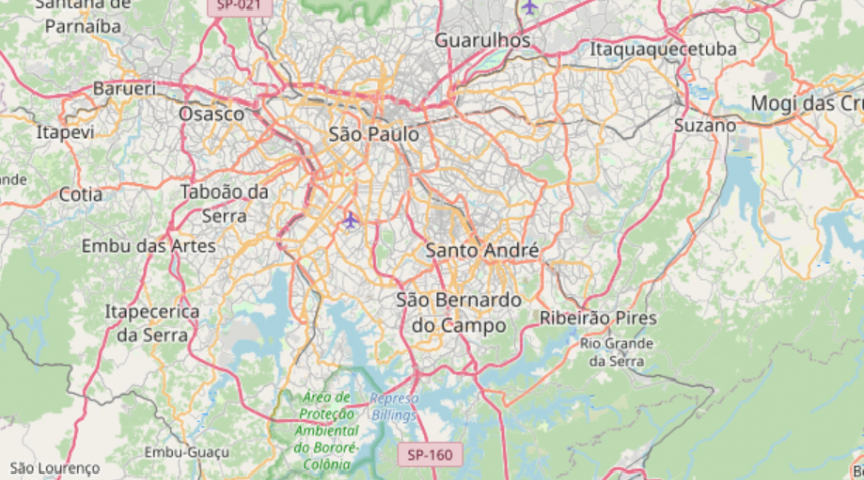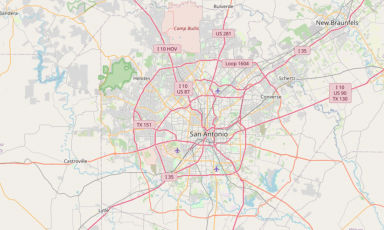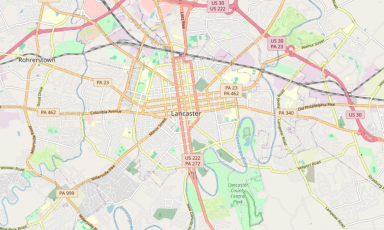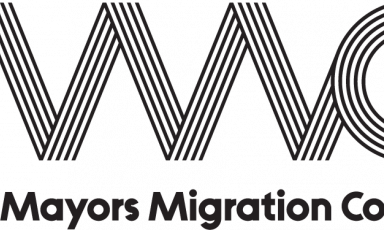City of São Paulo, Brazil
São Paulo’s New Reference and Assistance Center for Immigrants (CRAI) in Its Eastern Region

Summary
São Paulo commits to expand services for migrants and refugees by opening a new Center for Reference and Assistance to Immigrants (CRAI) in eastern São Paulo.
Historically, the city of São Paulo has been the main destination for migrants and refugees in Brazil, known for its intercultural character and its ability to welcome diverse populations. With the intention of contributing to the improvement of services for migrants and refugees, the municipality developed and implemented a service provision model through the CRAI system, which is part of the municipal public network for human rights and citizenship. CRAI focuses on promoting human rights and social, cultural, employment, and economic inclusion, and works by integrating expertise from its diverse network of public services and civil society actors.
Located in the center of São Paulo, the first service has been in operation since 2014. Now, the municipality is planning to open a second CRAI in the eastern part of São Paulo, an area with the second highest concentration of migrants and refugees. Additionally, this new center will hire migrant and refugee professionals who will offer cultural and linguistic mediation, provide social and psychological assistance, and help with legal counseling.
Impact
The city of São Paulo is, historically, one of the main destinations of national and international migratory flows, being recognized for its intercultural character and its capacity to integrate diverse peoples. An example of this is that the city currently has immigrants and refugees of 203 different nationalities. According to data from the Federal Police database (January 2000 to March 2022), the number of immigrants and refugees registered in the municipality of São Paulo is around 394,818. It is observed, however, that the current profile of the immigrant and refugee population is mostly composed of nationals from Bolivia (26%), China (7%), Haiti (6%), Peru (5%) and the United States (5%).
Thus, the service will be able to serve a large part of this population, with an average of one thousand services per month (current average of CRAI Oriana Jara), considering its territorial bias, which will focus on the migrant and refugee populations residing in the eastern zone of São Paulo, according to the municipality's service data, the territory where there is the highest concentration of this population.
In addition, this service intends to have migrant professionals acting in cultural and linguistic mediation at the CRAI, assisting the social assistance, psychology and legal orientation services in providing more humanized interactions. They are also expected to mediate some highly complex cases of the municipality's public services network, such as health services, social assistance, education, ombudsmen, among others. The mediators will also be responsible for translating information materials produced by the municipality for the general population, ensuring that migrants are also included in the dissemination of information to guarantee rights in a broad and systematized way.


